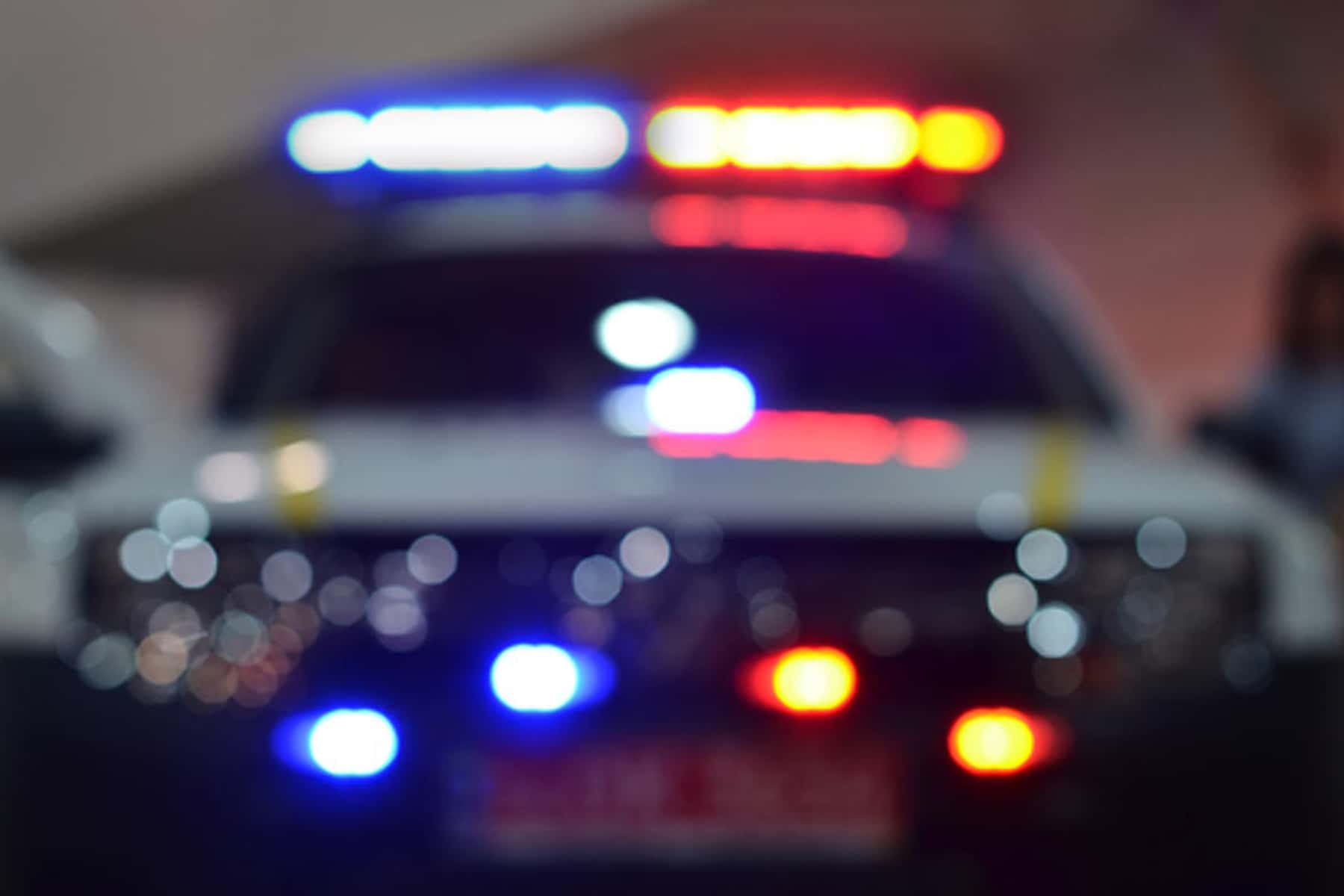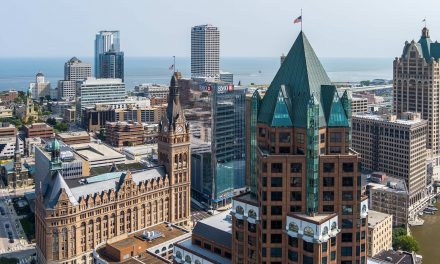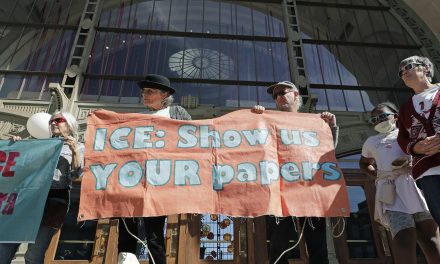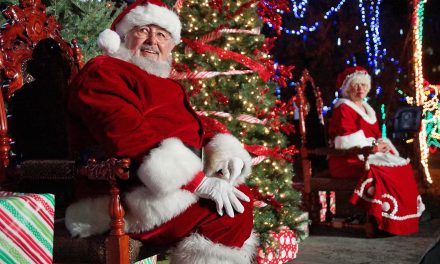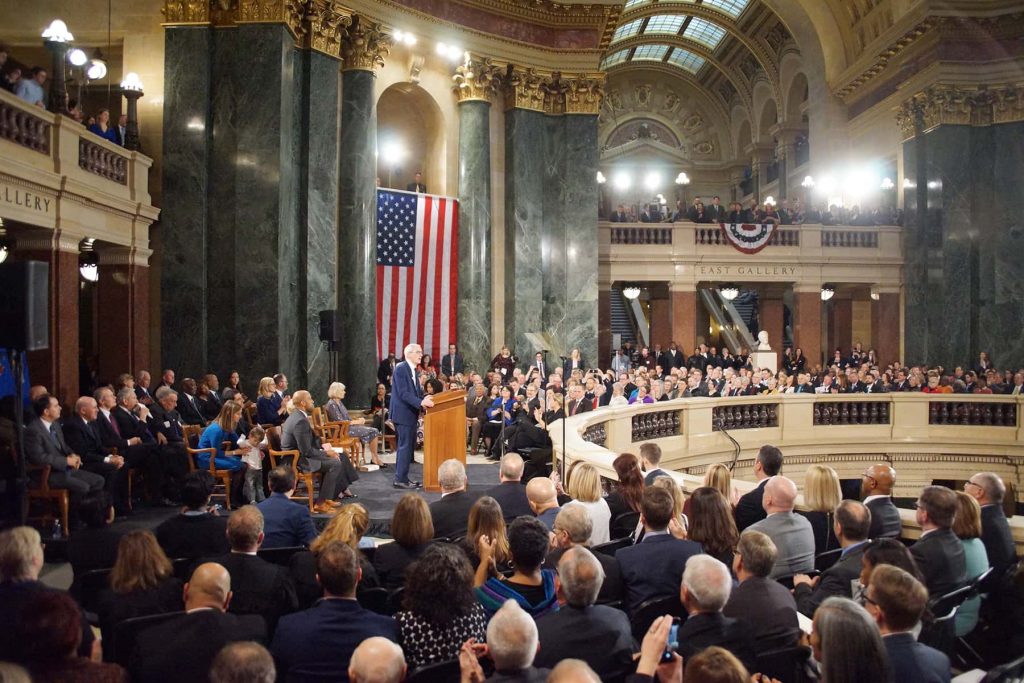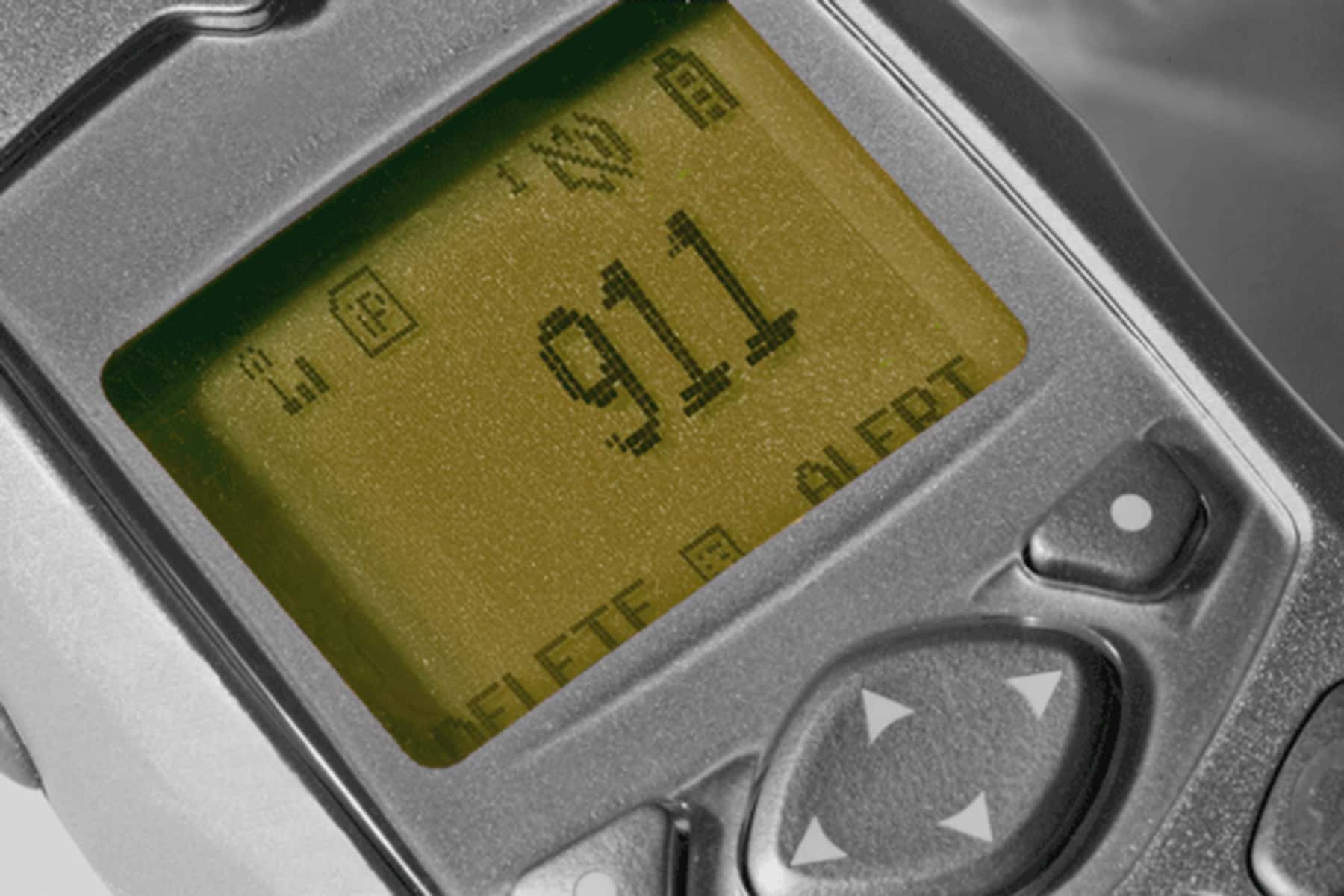
“A call to 911 from a Philadelphia Starbucks’ employee about two black men not making a purchase resulted in their arrest. A call from a Yale University graduate student on a black classmate who fell asleep in a common room led to unnecessary police contact. A call from a tenant in New York City on a former Obama aide moving into his own apartment resulted in a police dispatch.”
In the midst of worldwide protests, we now have another example of careless people at a Wendy’s restaurant in Atlanta calling the police because someone fell asleep in the drive-thru. Rayshard Brooks is dead as a result. His name has been added to the list of black men needlessly killed by police. This incident illustrates how 911 calls too often end badly.
Several years ago someone ran past my house in the Sherman Park neighborhood firing a gun in the middle of the night. My wife and I were terrified of course and called 911. No one answered. We called back, still no answer. Finally, on the third attempt we spoke to someone and told them what happened. They said they were contacting the police. About an hour later we saw a squad pass by shining their lights around the perimeter of our home. That was it. No follow up. Nothing.
Around the same time we came home late one night and, after parking my car, we heard a young woman screaming and saw her chasing a guy. She was a bloody mess and he was holding up his sweatpants. We called 911. A few minutes later an ambulance showed up. Ten minutes later the police showed up. The young man had pistol-whipped the 19-year-old girl and attempted to rape her but she fought back. We gave the cops a detailed description of the guy who ran right past us traveling east.
They did not make an attempt to go and find him. They took our statements as more squads arrived. We watched as they stood around by one of the police vehicles laughing instead of trying to find the suspect. We were told that a detective would come by in the morning and talk to us. We are still waiting nearly ten years later.
Less than two weeks later the same young man came back to the same spot and raped our neighbor, an eight-year-old girl who was a friend of our daughter. He was eventually caught after dozens of rapes and was known as the “Sherman Park Rapist.”
Recently two black guys renting a house in Monona, Wisconsin just outside Madison, had the cops called on them by a white neighbor who told the 911 operator that the one sitting on the porch did not look like he belonged there. Officers arrived in a short time and three of them pointed their weapons at the two young men and placed handcuffs on one of them for five minutes, before confirming with the owner that they were renting the home.
Both were former football players who were renting the home of their former coach’s mom who had recently passed away. “I was definitely afraid for my life,” said Keonte Furdge, a 2016 graduate of Monona Grove High School. Furdge said there were two officers inside the house with guns drawn on them, and another outside the bedroom window with a gun drawn, and an additional two or three officers outside according to Madison365. “It could have been Toren, not just me,” Furdge said. “It kills us because we did a lot for that community. They only care for us when we play sports for them. We’re their high school heroes. We give them trophies, we give them rings. Give them conference (championships). Then after we’re done, they give us nothing.”
In Minneapolis, a store clerk called 911 because he believed George Floyd used a fake $20 bill. Less than an hour later Floyd was murdered by police officers. In New York’s Central Park a white woman, Amy Cooper, called 911 after a black bird watcher, Christian Cooper, asked her to put her dog on a leash as is required by law in the park. As he was recording her with his cell phone she said, “I’m going to tell them there’s an African American man threatening my life … I’m in the Ramble, and there’s a man, African American, he’s got a bicycle helmet. He’s recording me and threatening me and my dog … I’m being threatened by a man into the Ramble. Please send the cops immediately!” she screams. She eventually lost her job and dog was temporarily taken, she apologized, he accepted, and they went about their lives.
Christian Cooper realizes how lucky he was that day. “She was threatening to bring the machine that has so long ground us black people to powder … solely on the basis of our black skin, down on my head on the word of, you know, an innocent young white woman.” It could have ended the way things ended for George Floyd. Fortunately it did not. We have all seen dozens of viral videos of white people, mostly white women, calling 911 on black men, women, and children for no good reason over the past several years. Many have made memes of these women and laughed it off. Stop laughing.
In 1990 the rap group Public Enemy released a song called “911 is a Joke.” These are some of the lyrics:
Going, going, gone
Now I dialed 911 a long time ago
Don’t you see how late they’re reacting
They only come and they come when they wanna
So get the morgue truck and embalm the goner
They don’t care cause they stay paid anyway
They treat you like an ace they can’t be betrayed
A no-use number with no-use people
If your life is on the line then you’re dead today
Latecomers with the late coming stretcher
That’s a body bag in disguise y’all, I’ll betcha
I call ’em body snatchers cause they come to fetch ya
With an autopsy ambulance just to dissect ya
They are the kings cause they swing amputation
Lose your arms, your legs to them it’s compilation
I can prove it to you watch the rotation
It all adds up to a f**d up situation
So get up get, get get down
911 is a joke in yo town
For those of us in the black community, we cannot take for granted that the 911 call we make will lead to immediate relief. We hope it does, but in far too many instances over many decades it has not. In November 1967, the Federal Communications Commission (FCC) met with the American Telephone and Telegraph Company (AT&T) to help establish a universal emergency number that could be implemented quickly. In 1968, AT&T announced that it would establish the digits 9-1-1 (nine-one-one) as the emergency code throughout the United States. In 1968 in Haleyville, Alabama — less than 100 miles from where Dr. King wrote his famous letter from the Birmingham jail five years before — the first-ever 911 call was made in the United States. Today about 96 percent of the country is covered by the 911 system.
Being covered and feeling covered are not the same. As black people across the country use the system in emergencies, many whites use it in non-emergencies to call the cops on “suspicious” black people. It has become the nosy-neighbor hotline for white people. When these ridiculous calls are made, no one is generally held accountable. The 911 operators send the cops unnecessarily because their judgment allow them to. We all know people call 911 for idiotic things and the operators do not send authorities each time. All too often though, when there is a perceived threat of a “dangerous” black person, the police are dispatched.
On the other hand, when black people call they are not sure the police will come – and in many instances – by the time they do show up, it is way too late to do anything. We are reluctant to call the police because too often when they do show up things do not end well.
I lived in California many years ago. I recall in the years leading up to the Rodney King beating an incident where the police killed people after they arrived on the scene to protect people. One incident in particular stands out in my memory. A Samoan husband and wife in Compton, California were having a verbal altercation. The wife called her brother over and he and the husband argued but did not fight. A neighbor called 911. The Compton police showed up. They ended up shooting and killing the husband and the brother.
When we look at the system that should provide all of us with a sense of security, it works differently depending on the color of your skin. Anecdotal evidence shows a great deal of bias in the use of the system. S. Rebecca Neuster has studied the nuisances of the 911 system. She wrote a January article in the Crime Report:
“Policing today is largely driven by 911 calls for service. But we have also seen that 911 – as a system — serves as a mechanism for other people to exercise their biases, fears, and values and that the police — as default responders — have in essence become proxies for racial animus … as a society we will continue to respond unnecessarily to biased complaints that can easily result in a sticky web of criminal justice contact.”
As we watch the protests occurring around the world calling for reform of police departments in the United States, it is time we look at the 911 system as well. I have argued before that people who make these ridiculous calls like “BBQ Becky” and others should get a ticket for misusing the system and that 911 operators should be held accountable for sending cops into situations where they are not needed.
It is not enough to talk about reforms because we know racism is not going anywhere. White people will continue to make superfluous 911 calls because no one does anything to stop them for the most part. Innocent black people will continue to die in encounters with police unnecessarily.
In 2014, twelve-year-old Tamir Rice was shot and killed by Cleveland police responding to a 911 call. The caller said during the call “There’s a guy in here with a pistol. It’s probably fake, but he’s like, pointing it at everybody.” He then left and boarded a bus. Officers Timothy Loehmann and Frank Garnback responded to the November 2014 call. Loehmann shot and killed Tamir less than two seconds after they arrived. The 911 caller’s interview was included in a 224-page investigative report released by the Cuyahoga County Prosecutor’s Office. Sheriff’s Detective John Morgan interviewed the 911 caller as part of the investigation.
“In the 911 call, the man tells the dispatcher that it was possible Tamir was a juvenile. But during his interview with Morgan, he said that he believed Tamir was 20 years old. “When asked why earlier in the interview he mentioned that he believed the male was 20 years of age, he stated that the male was a big boy and didn’t know that he was only 12 years of age, but because of his size, he looked much older,” Morgan wrote in his report. The man who made the call said he left his house and bought a 24-ounce can of beer before heading to the recreation center where he sat near the gazebo and drank the beer while waiting for a bus. He told investigators Tamir appeared to be “older looking” and was acting “gangster.” – Cleveland.com
Constance Hollinger who took the 911 call never relayed that the man believed the gun was fake to dispatcher Beth Mandl who told the responding officers information that led them to believe a man was pointing a real gun. Hollinger received an eight-day suspension and Mandl resigned her position. Tamir’s mother, Samaria Rice, called the suspension “unacceptable” in a statement issued by her attorney, Subodh Chandra. “Eight days for gross negligence resulting in the death of a 12-year-old boy. “How pathetic is that?” Hollinger was later suspended without pay for five days in July 2016 for treating a 12-year-old girl who was reporting that she was sexually assaulted in a “rude and unprofessional manner.”
These “mistakes” of judgment are often deadly for black people. The owner of the store that called 911 on Floyd, Mahmoud Abumayyaleh, who was not at the store when it happened told reporters “Most of the times when patrons give us a counterfeit bill they don’t even know its fake so when the police are called there is no crime being committed – just want to know where it came from and that’s usually what takes place. This was a very circumstantial event that ended in a tragedy and unfortunately we are taking a lot of animosity.”
These “tragedies” are all too common. We live precariously not knowing if a single 911 call will bring us assistance or death. The University of Michigan School of Public Policy convened a panel called “911, What is your prejudice?”: Racial bias and call-driven policing in February 2019. Jessica Gillooly a PhD candidate spearheaded the conversation and shared these thoughts. “Over 240 million calls are made to 911 in the U.S. each year. These calls frequently lead to police citizen encounters… in 2011, of the estimated 62.9 million U.S. residents who had one or more contacts with the police, over half of those contacts were because a caller requested police services … these calls can lead to excessive, unjustified and racially motivated police citizen contacts.”
She went on to describe working at a 911 call center and one particularly memorable call from a white woman in a park who was calling on a black woman. “She was calling on a black woman who was standing near a grill quote ‘maybe cooking drugs.’ When I asked her why she though the woman was cooking drugs she responded ‘I saw her here before and she looked suspicious and this time she looks more suspicious.’ That was her only justification for her call to police.”
People ask me all the time if I believe racism will ever end. As long as we allow these bad messages about black people to proliferate in our movies, TV shows, books, magazines and textbooks racism will persist. No one has to teach racism to their children because America does it for them. Reform of policing and the 911 system alone requires us to radically alter what America says about black people on a consistent basis. The reinforcement of stereotypes drives the bias in people’s minds. It is not always unconscious; it is way too often a conscious bias.
America’s demonization of black people for 400 years is showing its ill effects everyday. When 911 is used as a tool by white people to get authorities to control black people’s access to spaces and that system does not respond to our needs, it will continue to contribute to events like we have seen in recent weeks. The protestors need to advocate for more systemic shifts in our society, not just in our criminal justice machinery.
“Whatever white people do not know about Negroes reveals, precisely and inexorably, what they do not know about themselves.” – James Baldwin, 1962

